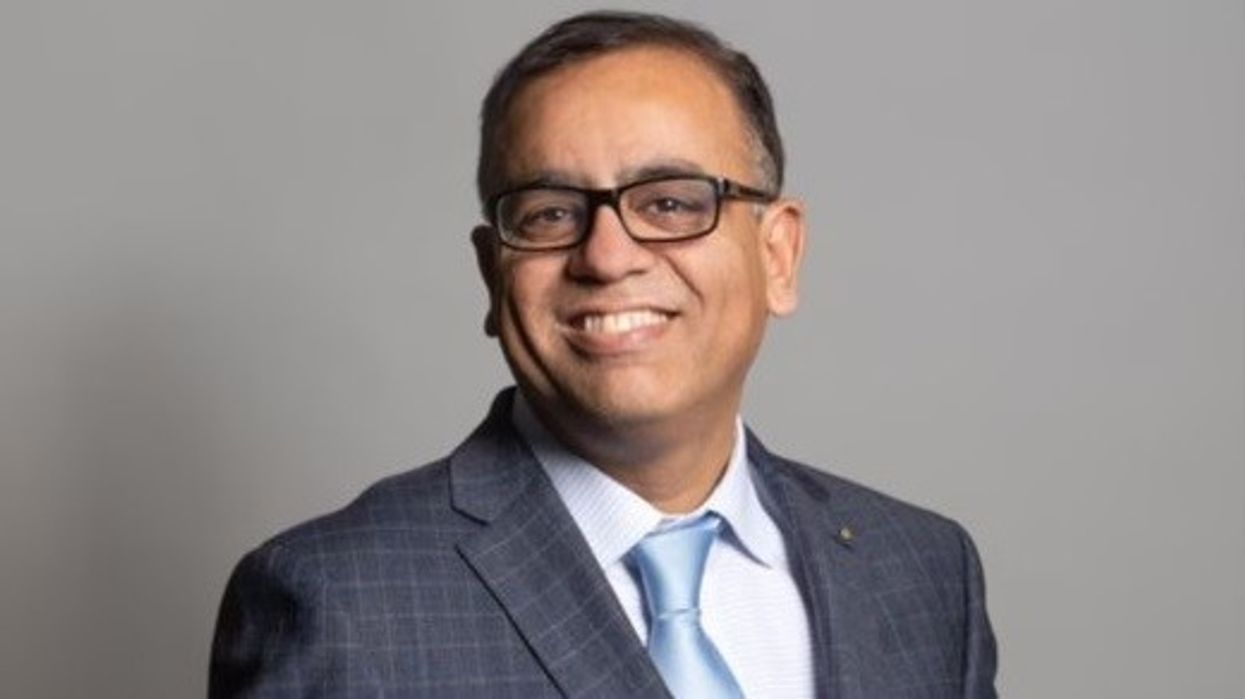An MP was prevented from boarding a flight to Canada along with fellow parliamentarians due to his name being Mohammad, the Commons heard on Monday (23).
Labour MP for Bedford, Mohammad Yasin, faced “humiliating” treatment while attempting to board a flight to Canada as part of a parliamentary delegation, the BBC reported.
Air Canada officials at Heathrow Airport subjected him to intensive questioning, specifically inquiring about his possession of offensive weapons due to his name being Mohammad.
The situation was raised as a point of order by fellow MP Clive Betts in the House of Commons, condemning the racist and Islamophobic behaviour.
Mohammad was eventually allowed to board after proving his identity as an MP and presenting a valid visa.
The incident has sparked outrage, prompting Air Canada to internally investigate the matter. Mohammad, expressing his concerns, emphasised the aggressive nature of the questioning and stressed the need for fair treatment regardless of one's status.
Speaking about the incident Mohammad said, "It was stressful and humiliating to be singled out in such an aggressive way by immigration control, especially when travelling in a group as a representative of the British Parliament on long arranged committee business.
"While I don't expect special treatment as a Member of Parliament, it does concern me that had I not been an MP, how much worse the experience might have been," he said.
Betts reported that similar problems arose when Mohammed reached Montreal airport in Canada and during his return journey to the UK.
A spokesperson from Air Canada said that Mohammed underwent additional screening before his flight due to a security check, but he was quickly cleared and allowed to travel as scheduled.
The airline is internally reviewing the handling of the situation to ensure proper procedures were followed. They have also been in touch with authorities in the UK and Canada.
Additionally, the spokesperson expressed regret for any inconvenience or upset caused to Mohammed and extended an apology.
Mohammed has expressed his gratitude for the cross-party support he received from Parliament, the chair of the Levelling Up Committee, and the Commons speaker. He said that he is willing to accept the invitation from the Canadian High Commission to further discuss his experience.




